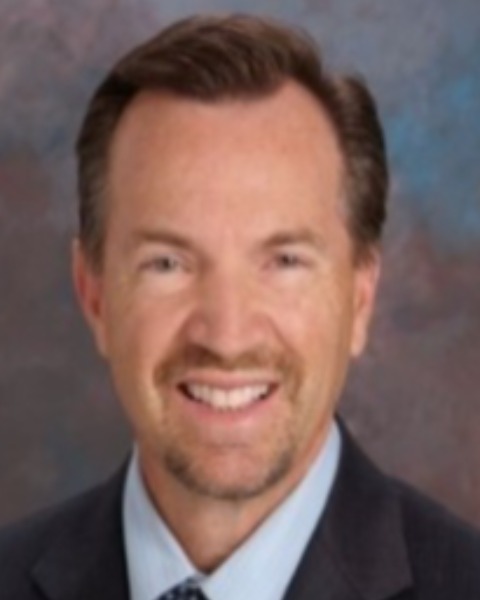
Kris A. Smith, MD
Neurosurgeon
Barrow Neurological Institute
Phoenix, Arizona, United States
Kris A. Smith, MD-Director: Stereotactic/Functional/Epilepsy Fellowship Program, Co-Director: Neurosurgical Oncology and Radiosurgery, Director: NPH and HH Programs-Barrow Neurological Institute
I believe that being a physician is the most humbling, and most honorable profession. Specifically as a neurosurgeon specializing in treating patients with brain tumors and medically refractory epilepsy, I am awed at the trust people place in me with their very lives. I am entrusted to help them through the most challenging problems they will ever face. My philosophy of care is to treat my patients and their families as I would want myself or my family. My own father had a GBM and was treated at Barrow, ironically enrolled in a prospective clinical trial that I wrote and directed as the PI. I helped treat and care for him, and watched him slowly decline and succumb to the disease and from the side effects of our aggressive treatment regimen. This had a profound impact on how I proceed with discussions regarding the prognosis, surgery, potential trials and alternative treatments with my patients and their families. I remain frustrated at the current standard of care for malignant brain tumors. I am passionate about a conviction that we need to do a better job for these patients than we are currently doing. We have not made significant progress in maintaining quality or quantity of life for the vast majority of patients with primary brain malignancies. Unfortunately, current treatments often result in increased morbidity and toxicity without cure and this is unacceptable! I have pushed the boundaries of the status quo by adopting a minimally invasive philosophy. I also attempt to maximize the extent of resection for the best chance of potential cure, and consider the impact on the quality of life for any and all treatments chosen. I believe in limiting the toxicity of therapies and preserving brain function as much as possible, in order to optimize quality of life as well as overall survival. In addition to providing surgical treatment for my patients, I follow my patients with surveillance MRI scans for the rest of their lives. Having done this for countless patients over the last 25 years, I am painfully aware of the typical course of the disease and of the toxicity and inadequacy of our current standard of care. I am currently assisting in educating and treating patients with a more holistic approach, which includes “precision metabolic therapy” using the patient’s own genetics along with tumor molecular profiling to assist in aligning medical and nutritional guidance, based on their specific genomics. We are proposing a prospective registry trial to document any true benefit of this addition to standard therapies. I am hopeful, based on preliminary data from numerous patients that metabolic therapy will have a meaningful impact, but I’m certainly aware of the need to prove this scientifically. I remain committed to research with the intent of diminishing the burden of care and improving the quality and the quantity of meaningful life for my patients.
Disclosure information not submitted.
Presentation(s):
-
Saturday, May 4, 2024
8:05 AM - 8:25 AM CT
